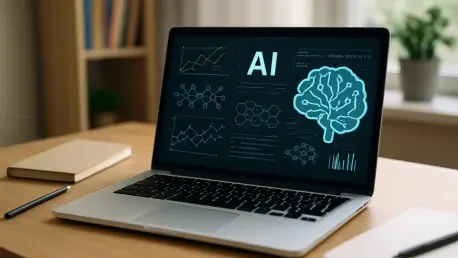
Imagine a bustling factory floor where a worker, confident in their common sense, bypasses a safety protocol, believing accidents only happen in high-risk zones, only to face a preventable mishap moments later that leads to injury and downtime. This scenario, far too common across industries,

What happens when the backbone of a company—those steady, brilliant minds who never demand the spotlight—starts slipping out the door without a sound? This isn’t a hypothetical concern but a pressing reality for countless organizations losing their high-potential talent due to neglect and

I'm thrilled to sit down with Sofia Khaira, a renowned specialist in diversity, equity, and inclusion, who has dedicated her career to transforming workplace cultures. With a deep focus on talent management and development, Sofia has been instrumental in driving initiatives that create inclusive

In an era where employee satisfaction is increasingly recognized as a cornerstone of organizational success, two West Midlands-based care businesses, Fairway Healthcare and Embark Learning, have emerged as exemplars in fostering exceptional workplace environments. They have earned a coveted spot on

In today's relentless business arena, a staggering 75% of companies struggle to keep pace with rapid technological and market shifts, according to recent industry studies. Picture a global corporation on the brink of losing market share because its workforce can't adapt fast enough to AI-driven

In an era where change is the only constant, businesses are grappling with unprecedented levels of disruption and complexity, demanding a fundamental rethinking of how they operate and adapt to new challenges. Agility, once a specialized approach rooted in software development for rapid iteration